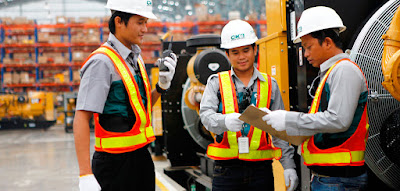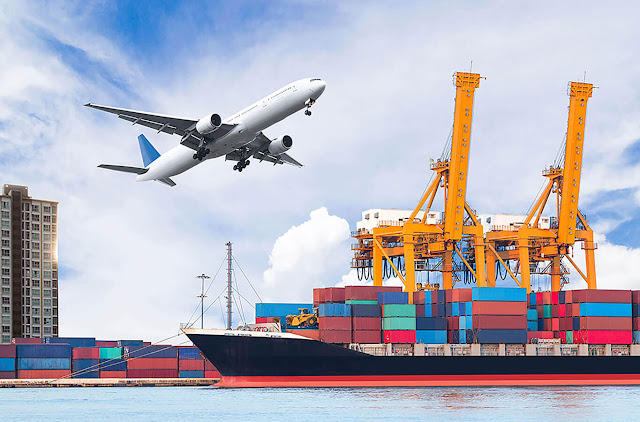A Comprehensive Guide To Understanding Customs Clearance
Importing goods is a complex process that involves many steps. If you're new to importing, it can be hard to know where to start. Here's the good news: You don't have to go it alone! In this guide, we'll cover everything from the basics of the best Customs Clearance Brisbane to how you can prepare your shipment and what happens once your goods arrive. By following these tips and tricks, we promise you'll be an expert on all things import-related in no time at all!
Process of Importing Goods
The process of importing goods can be complicated and time-consuming. You'll need to make sure you have all the necessary paperwork, which can include:
- Import permits
- Customs clearance documents (also called import declarations)
- Commercial invoices and other shipping documents that detail how much the goods cost, their value in foreign currency, and their country of origin
The Import and Export Process
When you import or export goods, you're involved in a complex process that requires more than just your personal involvement. The import and export process is a legal process; it's also a business process and commercial activity. It can also be considered an economic activity, as well as social--depending on the nature of your shipment and destination.
As mentioned above, there are several factors that come into play when shipping goods internationally: taxes/tariffs/duties; international regulations (such as those set forth by the United Nations); local laws regarding quality control standards; customs clearance requirements; language barriers between nations; currency exchange rates...and more!
It's important to understand these issues before attempting any kind of international transaction because they will have direct bearing on whether or not your shipment gets through customs successfully without issue!
Types of Goods and Services
Goods and services are classified in the same way. There are two main types of goods: dutiable and duty-free.
Dutiable goods are those that must pay duty when they enter a country, while duty-free items can be imported without paying any taxes or duties.
In most countries, there are different types of goods that are subject to import taxes. For example, you have to pay customs fees for dutiable and duty-free items. Dutiable goods include everything from clothing and electronics to food and tobacco products.
How to Prepare for Customs Clearance
If you're shipping your goods to a foreign country, it's important to prepare for customs clearance. Customs officials want to make sure that the products being imported are safe and legal. To do this, they may ask questions about the product and its packaging. They also check to see if there are any issues with taxes or tariffs on the item being imported into their country.
A good way of preparing for customs clearance is by making sure that all documents are accurate and complete before sending them off with your shipment. This includes:
- The description of what is being shipped (including weight)
- Any certificates related to quality control checks performed by manufacturers during production




Comments
Post a Comment